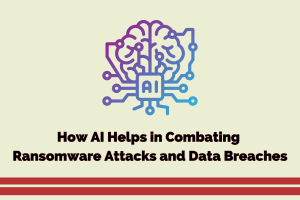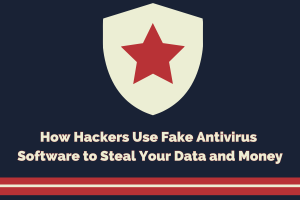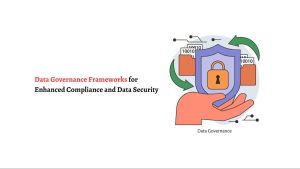Guest Post – 7 Tips to Beat Hackers

Cybersecurity is one of the hottest topics at the moment. Technology has brought a wide series of changes in the way we live. And it has opened virtual windows into our personal and professional lives. It’s not just computers. Hackers can attack mobile devices, tablets, and even PlayStation networks.
Cybercrime is the biggest threat to companies and individuals today. As the internet penetration rates grow, hundreds of thousands of people (maybe millions) can be hacked today. The costs of cybercrime are expected to reach $6 trillion a year, by 2021.
In this context, companies and organizations worldwide have been looking for more efficient methods to keep their data safe from strangers. Personal computers are at risk, as well. Every time you connect to the internet, you can become a victim. You can’t be too careful when it comes to your privacy online.
Check these seven simple tips to beat hackers that you can start using right now.
1. Beware of Mysterious Links and Emails
In 2017, one in every 131 emails contained malware. It’s the highest rate in five years. Phishing emails are targeting both individuals and businesses. Attackers have improved their methods.
In the past, phishing emails had spelling mistakes and poor grammar. Now, corrupt attachments are disguised as fake invoices, scanned documents from office printers, payment confirmations or even specific flight confirmations.
If you have any doubts about a link you’ve received, don’t click on it. You risk being guided on third-party websites where your personal information can be easily stolen.
2. Never Reuse Old Passwords
The rule is simple: each account you make should have its own password. You shouldn’t use your email password to sign in to your favorite shopping website. And you should set different passwords for Facebook, Twitter, and Instagram.
One password-fits-all makes you vulnerable to cyber attacks. Even more, don’t use your personal data inside passwords – such as name, date of birth, home address or phone number.
Take time to create strong passwords for all your apps and accounts. A hacker’s computer needs about 10 minutes to guess your password if it contains only six lower case characters. If you take time to put together nine characters between lower case, upper case, numbers and special symbols, these 10 minutes become 44,000 years. You do the math.
If you can’t remember long passwords, consider using a password manager. Make sure you store your key securely. And, if you’re ever to open your password manager from a public computer, change the password immediately when you arrive home.
3. Protect Your Personal Data
New regulations are about to increase personal data protection. But you can’t let data owners do all the job for you.
Your personal data is important, so don’t share your information with all websites and apps. By simply giving your email address to a website, you’re sharing some personal information about yourself.
You have the right to know what companies know about you. And, when you’re not willing to share information, you can ask any organization to cancel all your data from their systems.
If you’re a business owner, make sure you comply with new regulations when it comes to personal data storage and management. If you have doubts about the data you own, visit gemancriminaldefense.com to find a defense lawyer who can help you understand more about computer-related crimes.
4. Use the “Wipe Your Phone” Feature
Such a feature allows you to remove all information from your phone or tablet. This can help you protect your data, in case your device gets into the wrong hands.
All operating systems come with the possibility to wipe data from devices – Android, iOS, and Windows. With just a few simple steps, you can delete all the information from your smartphone or tablet, making it safe to be sold to a stranger.
5. Install Antivirus Software
An antivirus software protects your computer from any illegitimate code or software that wants to enter into your system. It protects you against viruses and represents an extra protection against hackers, as well.
Invest in a trustworthy antivirus that’s compatible with your operating system. This way, you won’t slow down your computer and benefit from complete protection. Make sure that the package you buy also includes spyware protection. This way, you protect your device from software that collects data in your computer and sends it to unauthorized websites.
6. Update Your Security System on a Regular Basis
For personal computers, enable automatic updates, to make sure you use the latest available version of antivirus and anti-spyware software.
Businesses and organizations should implement a complex security system to make sure they protect all the data they own. 32 percent of companies declared to have been a victim of cybercrime in 2016.
Cybersecurity is essential when owning personal data from employees, business partners, and customers. Especially as 43 percent of cyber attacks are aimed at small businesses.
7. Choose Secure Sites for Online Shopping
Online shopping is fun and efficient, but it can bring in uninvited guests if you’re not paying attention. From app downloads to shopping for food and clothes, you need to double check before leaving sensitive information, such as credit card credentials or Paypal password.
Try to buy from secure websites only. When you try a new website, make sure it has a security certificate. Click on the padlock icon you find to the right of the website address. By clicking the “View Certificate”, you can get extra information about how secure the website is.
You can never be too careful when it comes to your privacy online. More than 6 percent of internet users have been victims of identity fraud in 2017. Keep your eyes open when you click, to stay safe.






